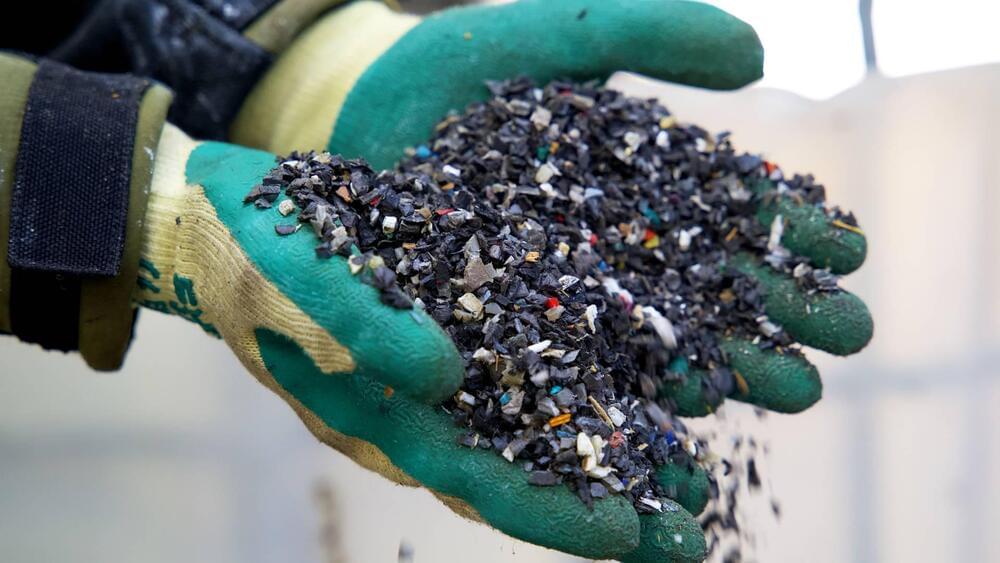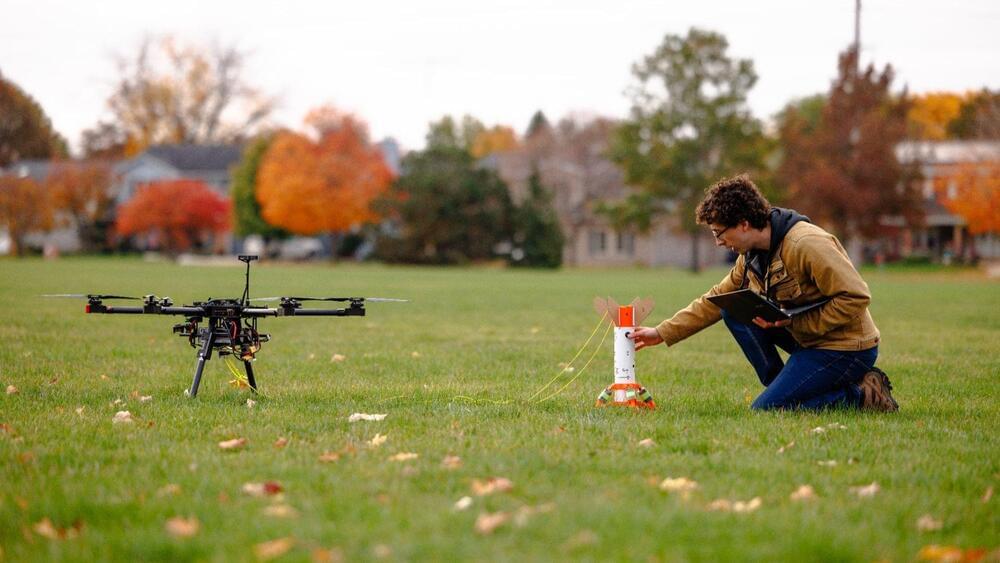“Plastic recycling has been touted as a solution to the plastics pollution crisis, but toxic chemicals in plastics complicate their reuse and disposal and hinder recycling.”
As such, plastic recycling today is an essential part of waste management and environmental preservation initiatives. Recycling plastics minimizes the environmental impact of plastic manufacturing, conserves energy, and helps lower the need for new raw materials.
A crucial sustainable process
However, a new study is putting a damper on this crucial sustainable process. Researchers from the University of Gothenburg investigated recycled plastic pellets gathered from 13 different nations and discovered they contained hundreds of hazardous substances, including pharmaceuticals and pesticides.




